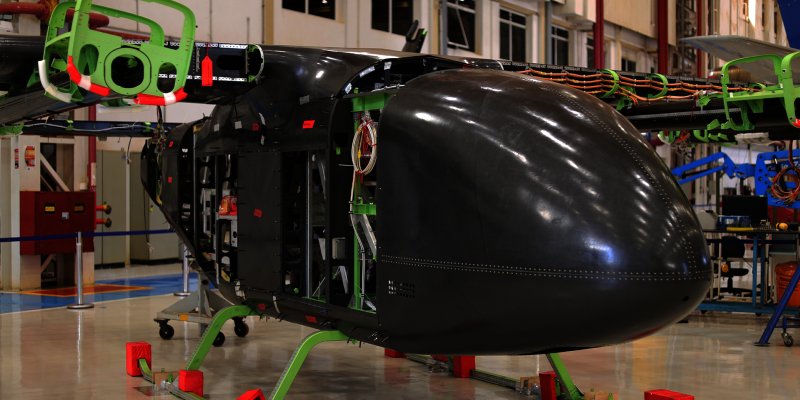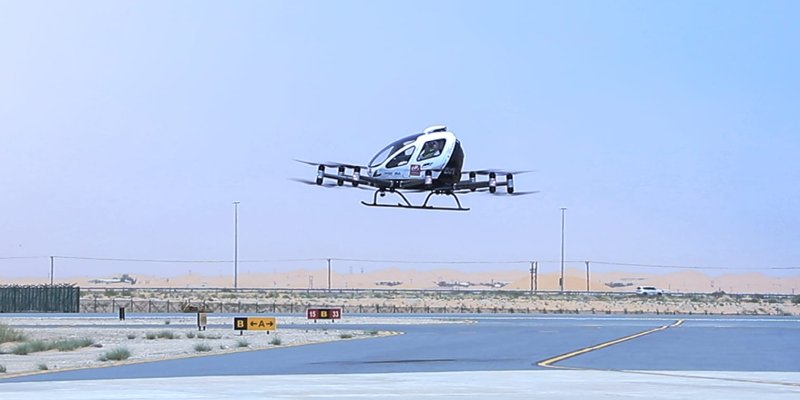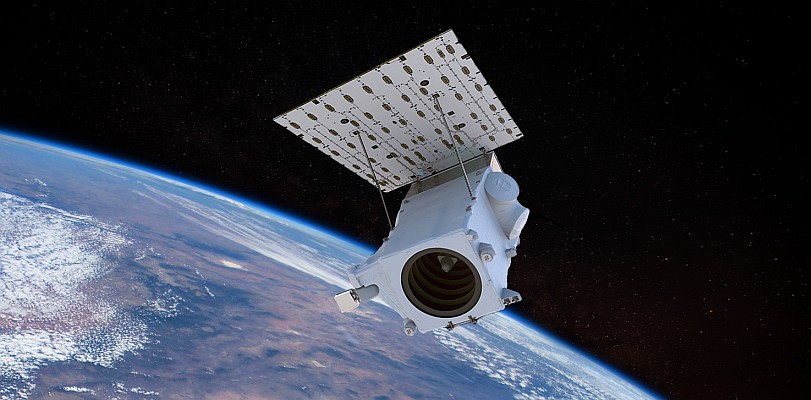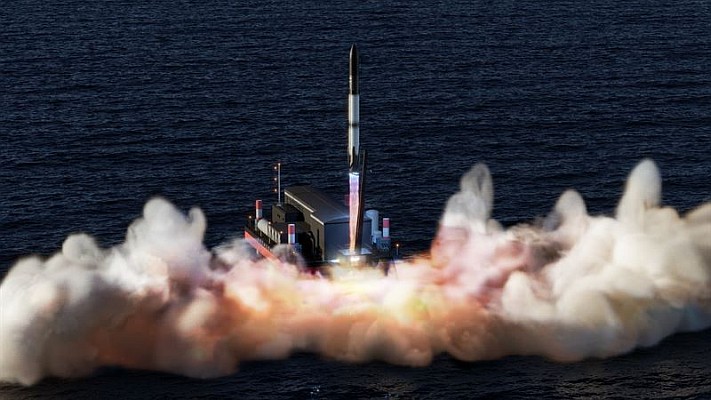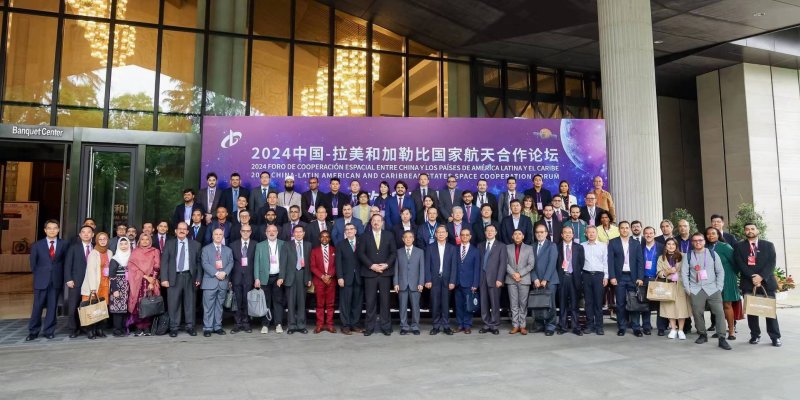The University Challenge – part of the European Satellite Navigation Competition (ESNC) 2012 – invites students and research assistants from any field of study to show off their innovative business ideas. These ideas can propose new potential uses for satellite navigation in virtually any area – from logistics and healthcare all the way to mobile apps.

The ESNC has been searching for the best application ideas for global satellite navigation systems (GNSS) such as GPS or Galileo every year since 2004. To bridge the gap present in this field between the worlds of academia and business, the University Challenge was introduced as a new special prize category in the 2010 iteration of the competition. “The strong response witnessed in the last two years has shown us that the University Challenge is the right way to reach young people who are full of ideas,” reports Thorsten Rudolph, CEO of ESNC organiser Anwendungszentrum GmbH Oberpfaffenhofen. “The competition gives them the chance to prove how much creativity and entrepreneurial spirit they have while gaining some valuable business contacts.”
Any young researchers working in areas where satellite navigation could be applied are eligible to participate, be they future vehicle engineers, logistics providers, mobile app developers, or innovators in healthcare. The prize will favour the entrant whose idea best embodies creativity and an orientation toward market needs in paving the way from the lecture hall to the business world. The winner of the ESNC University Challenge will receive EUR 1,000 through the FP7 project GENIUS (GNSS Education Network for Industry and UniversitieS). Awapatent AB, a European company specialised in patent law, will provide consulting (a EUR 5,000 value) meant to aid in obtaining a patent on the winning idea. Finally, the Universität der Bundeswehr München (Germany) is offering free entry for one to the ESA International Summer School on GNSS 2013, while the runner-up will receive one free ticket to the Munich Satellite Navigation Summit 2013.
Last year, Jan Schindler and Matthias Wuest of the Karlsruher Institut für Technologie (KIT) won the University Challenge with their idea for a digital white cane for blind or vision impaired people. This device uses an integrated navigation system and precise satellite signals to provide directions to people with impaired eyesight – even in unfamiliar environs – and warn them of dangerous areas and obstacles. “The ESNC has taken our idea, that started out as a study project, to the next level. It’s also brought us international attention and lots of positive feedback from universities interested in developing our idea further,” says a pleased Jan Schindler. “Right now, we’re working on a low-budget version based on GPS and EGNOS to meet both the technical and financial needs of our potential users.”
Ideas can be submitted to the ESNC University Challenge 2012 until 30 June at www.galileo-masters.eu.


